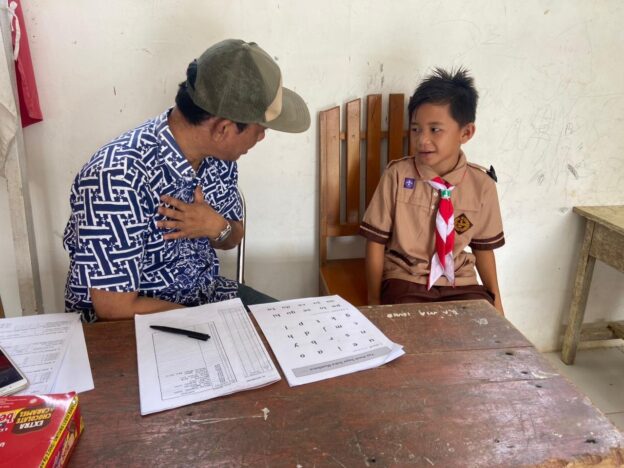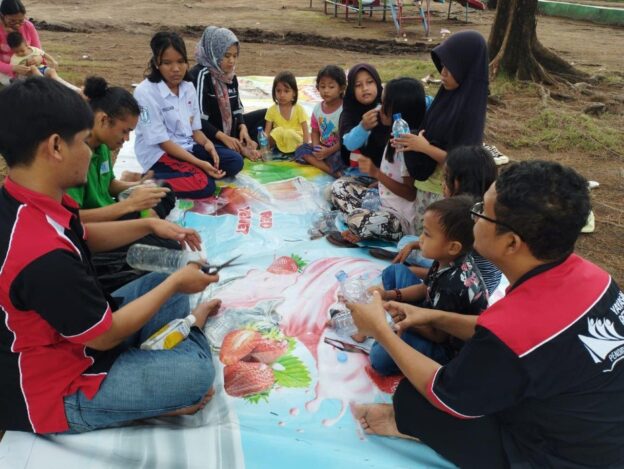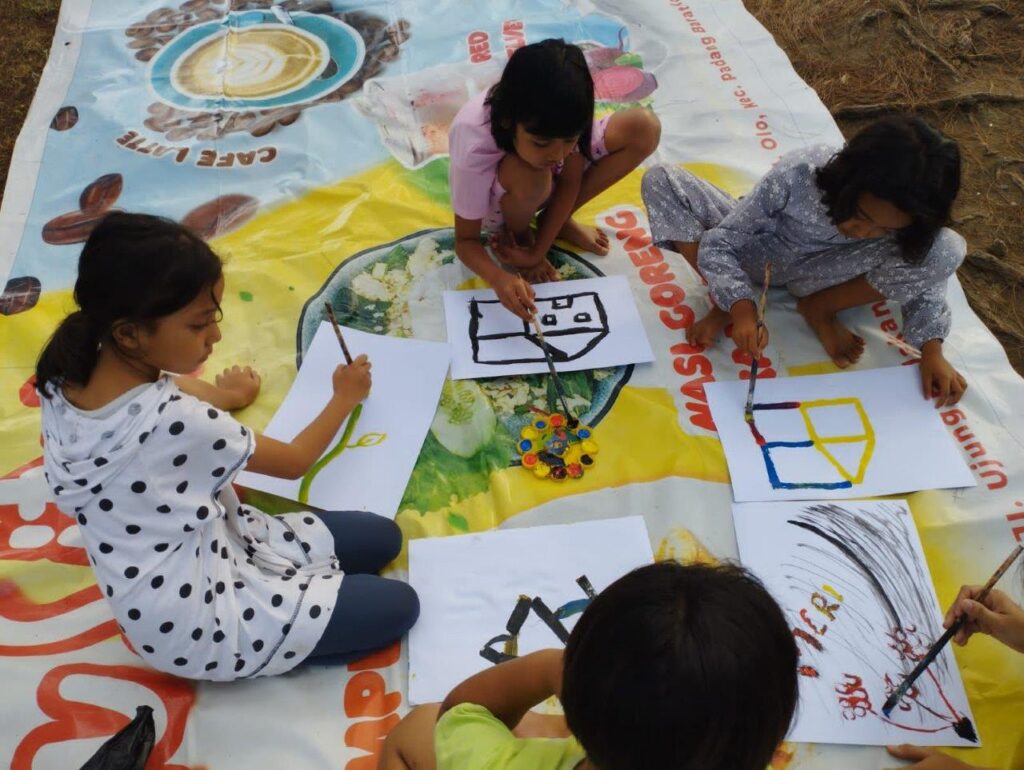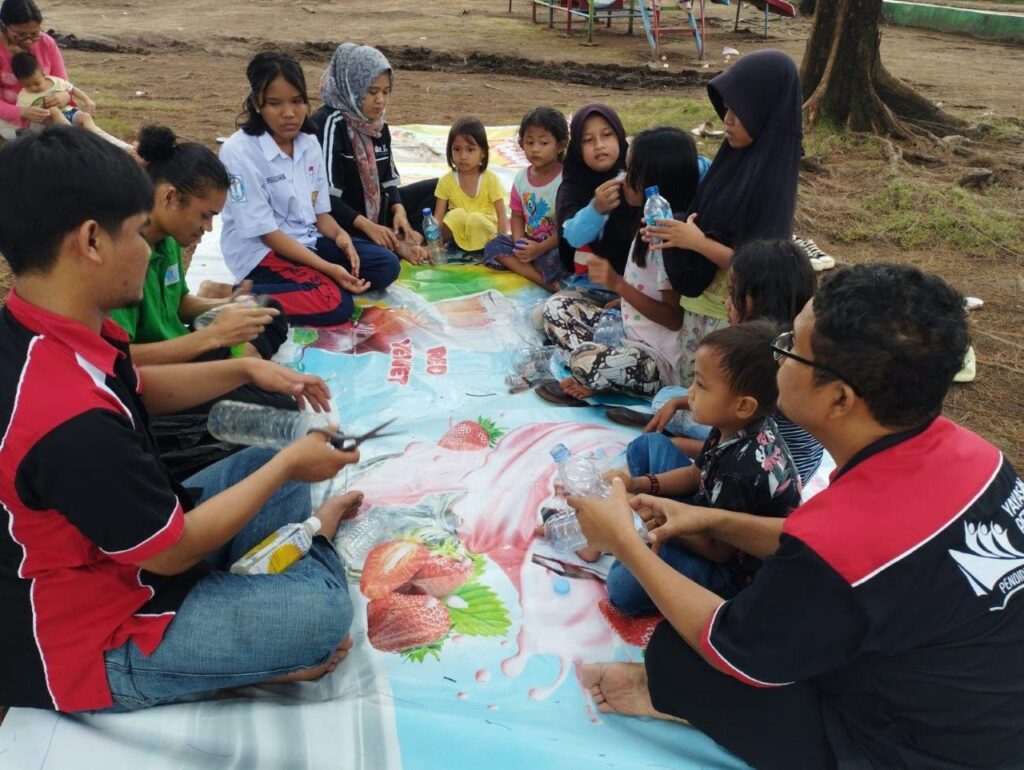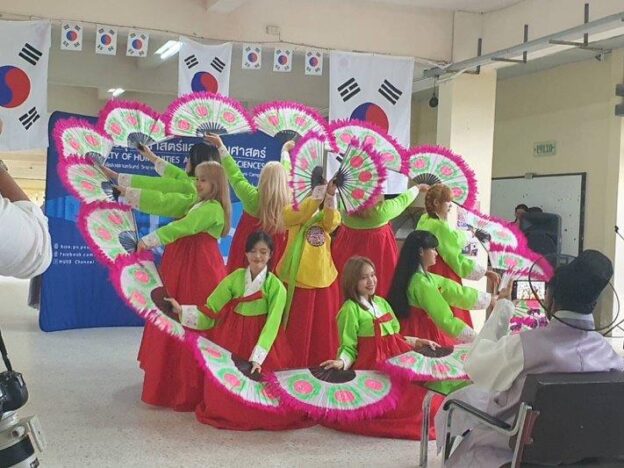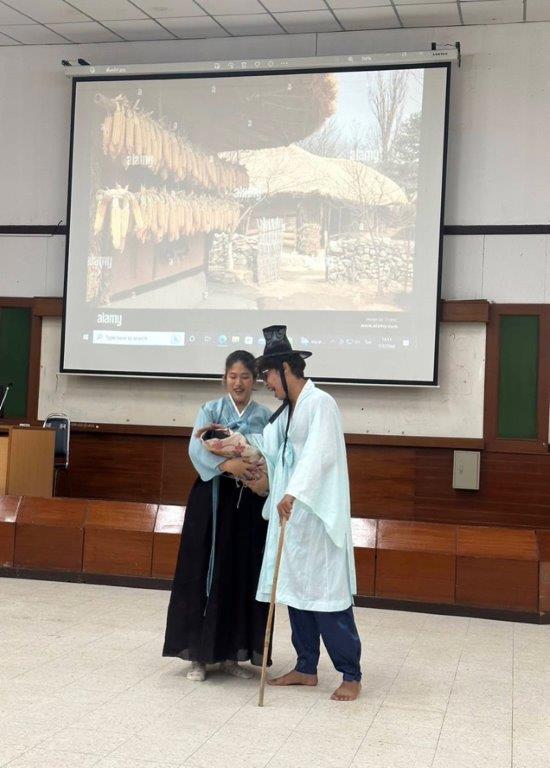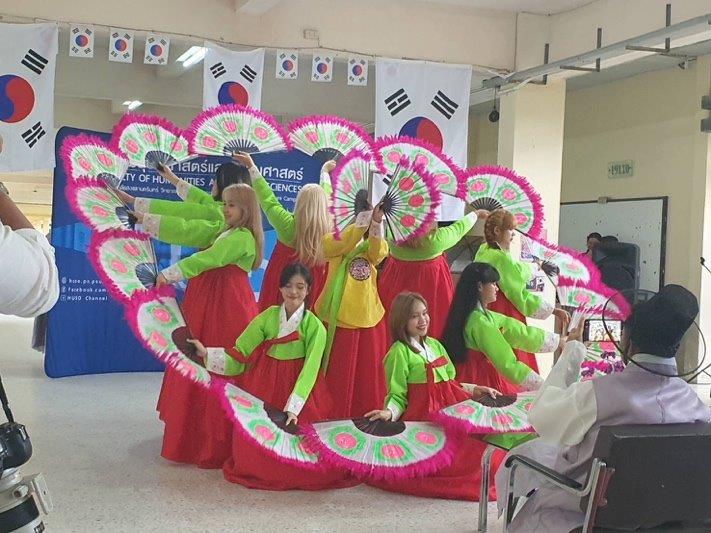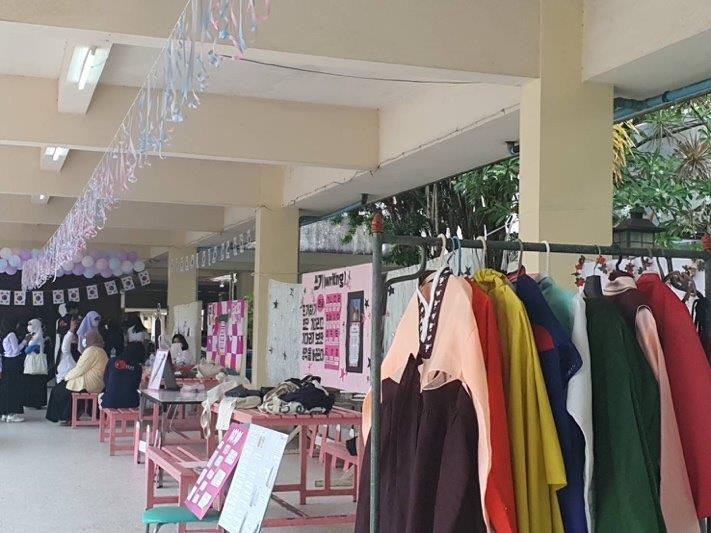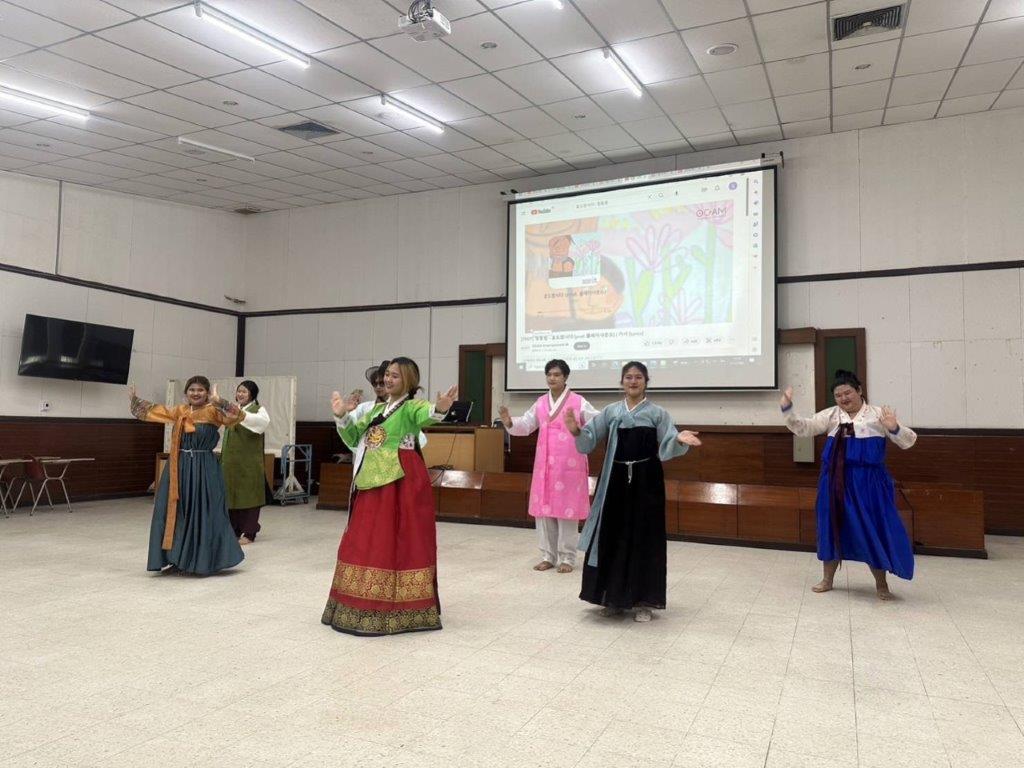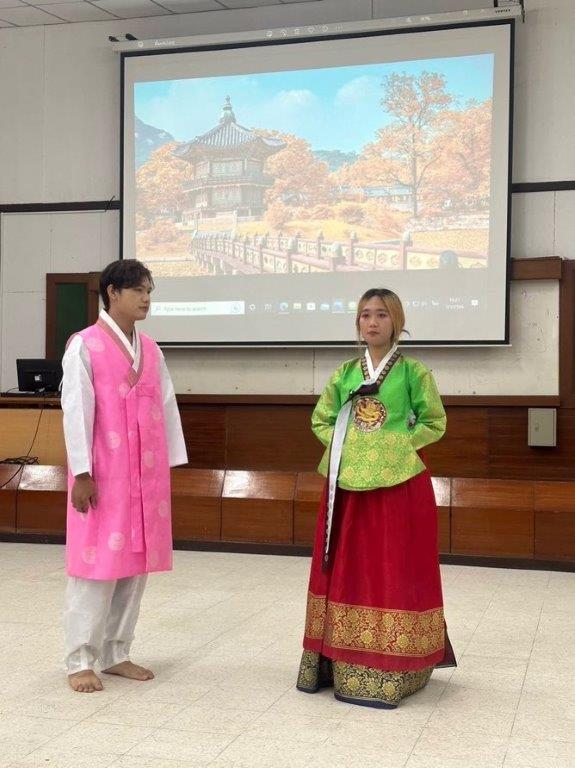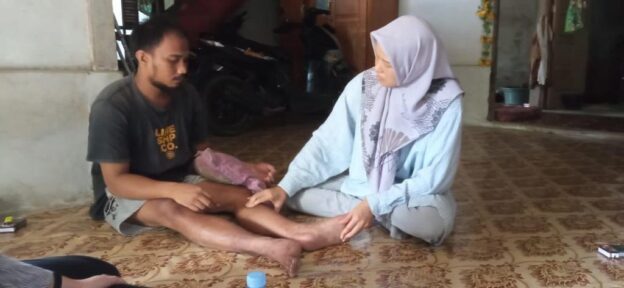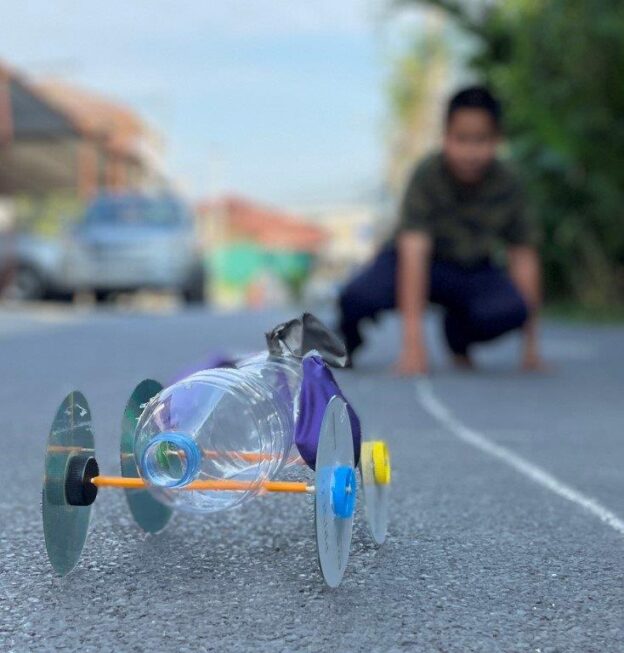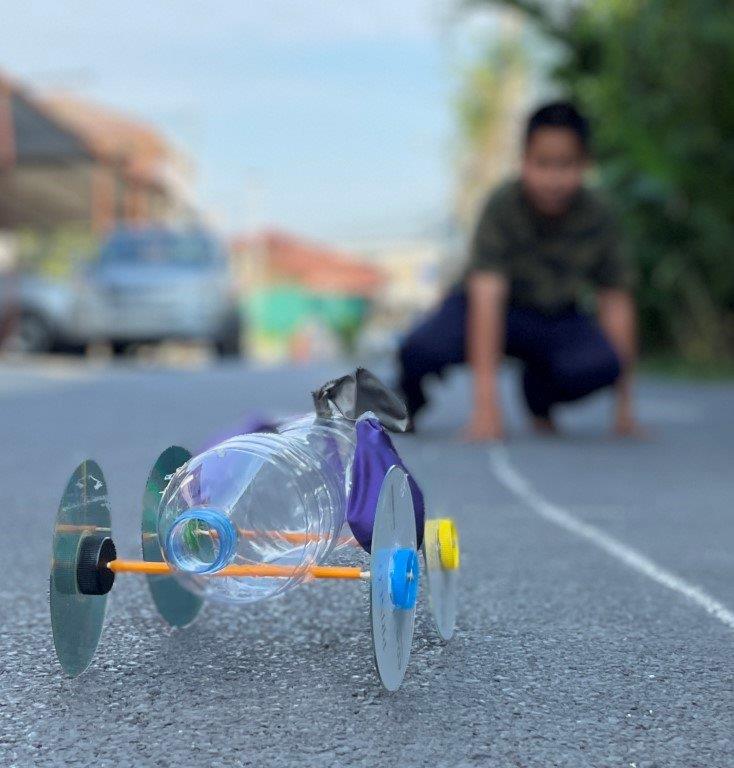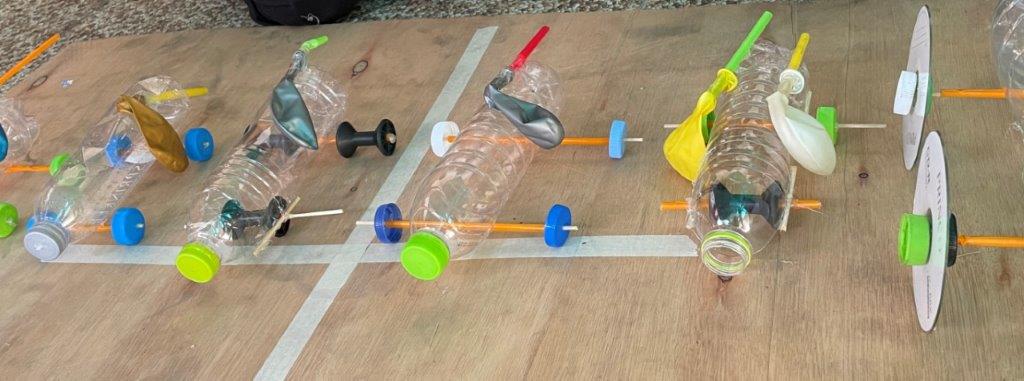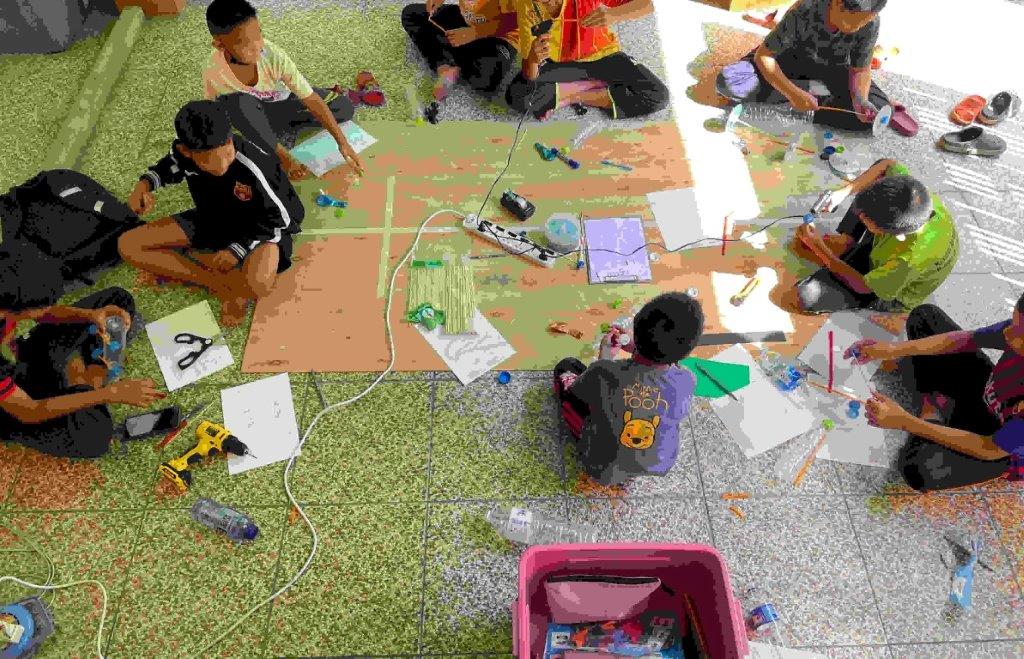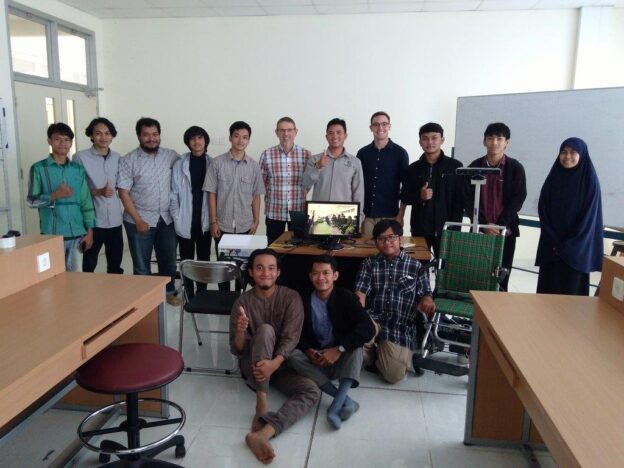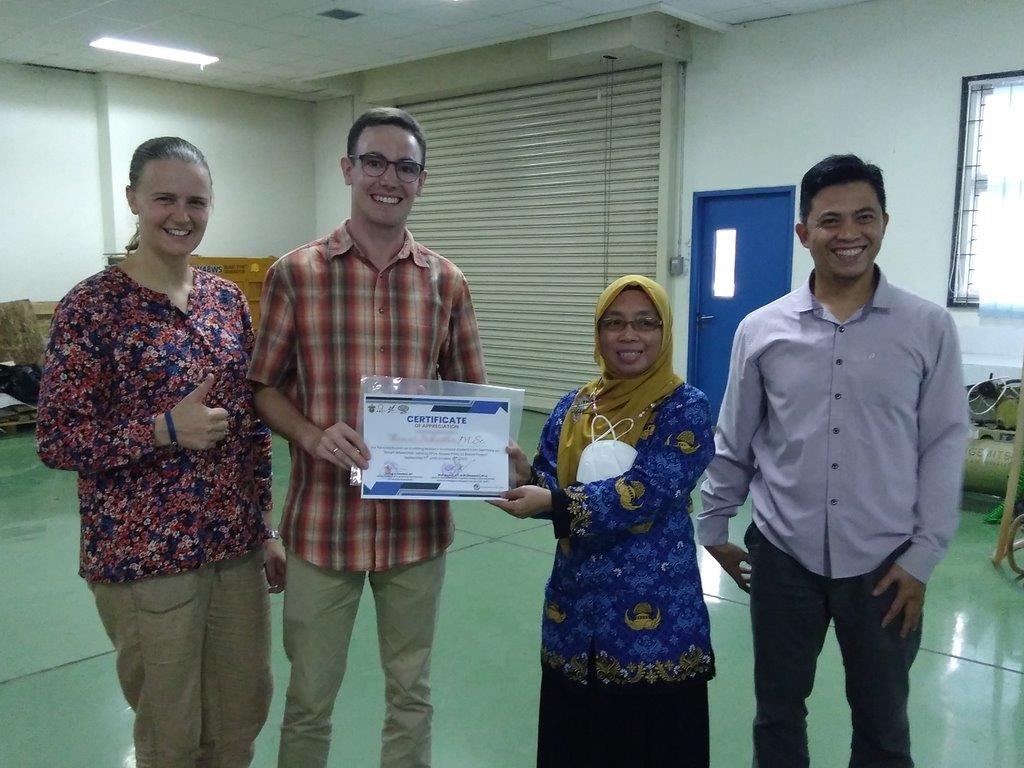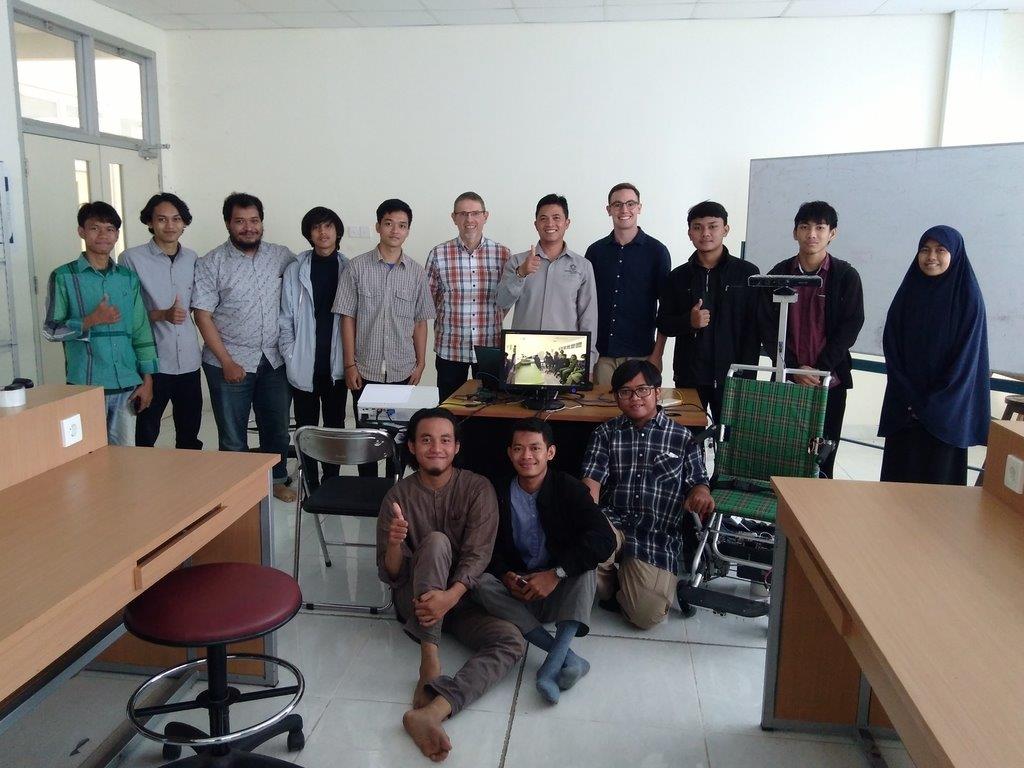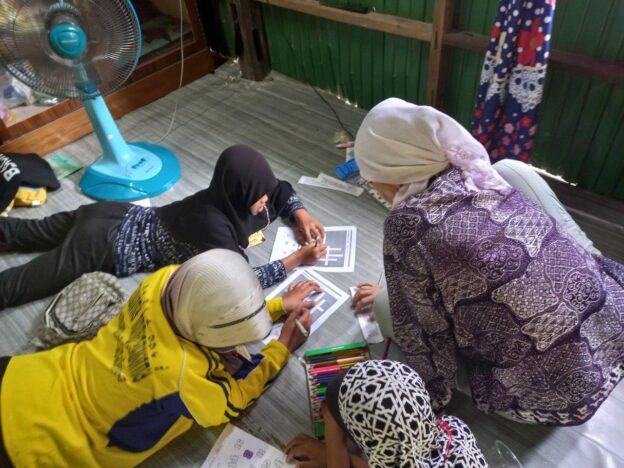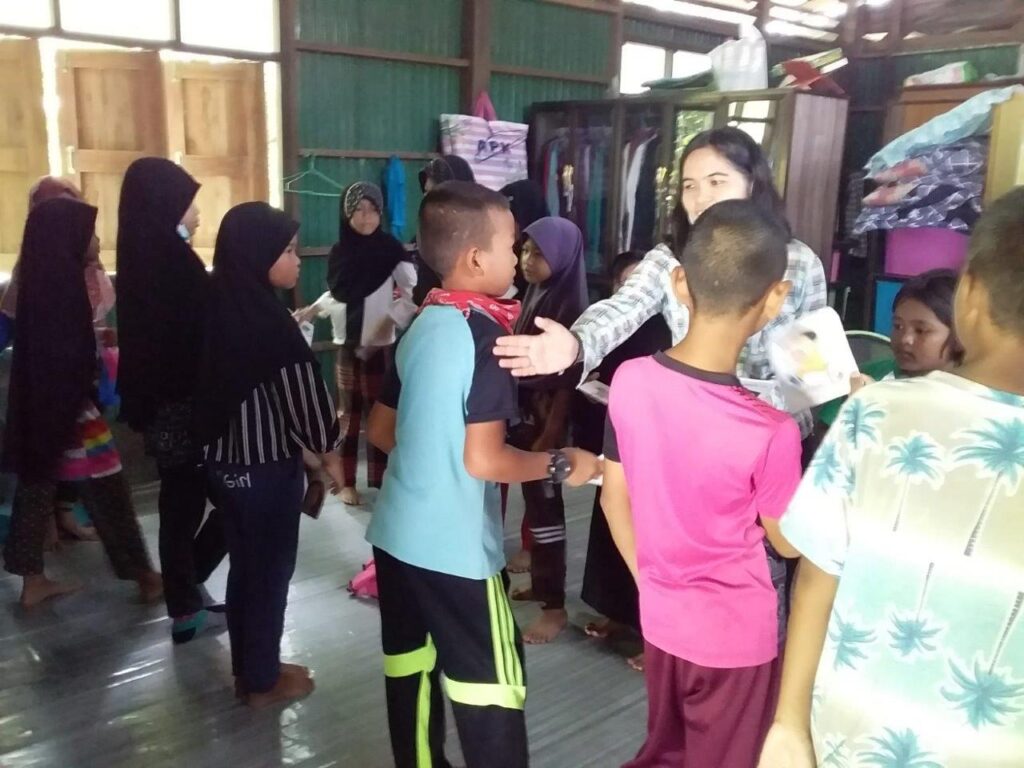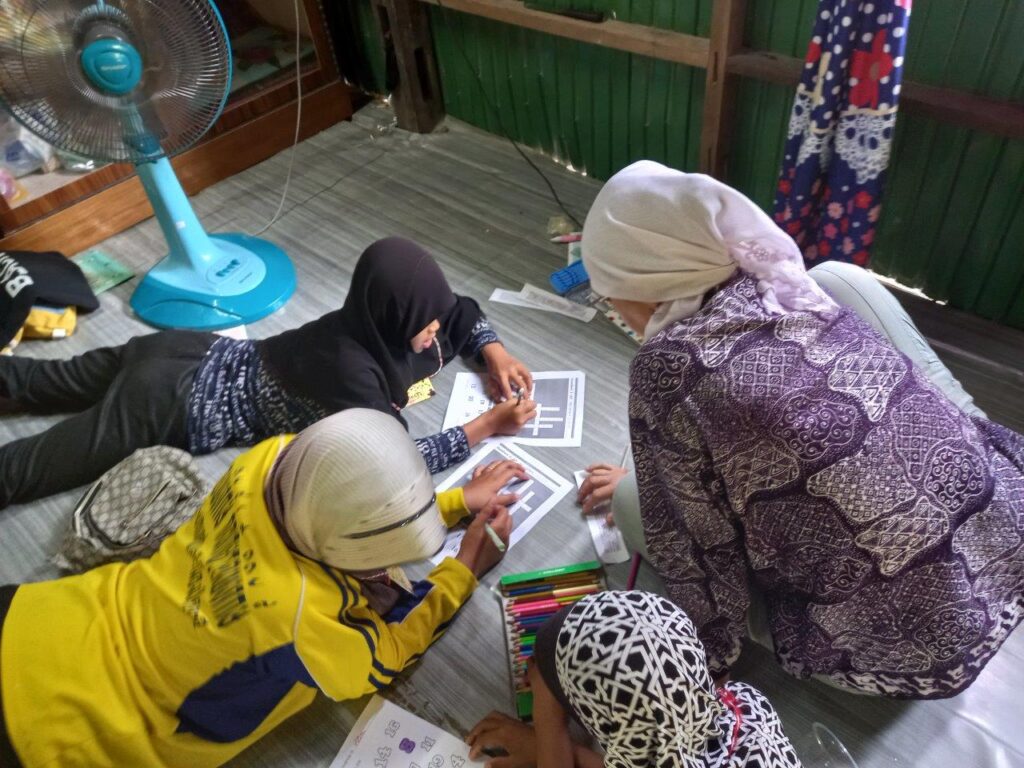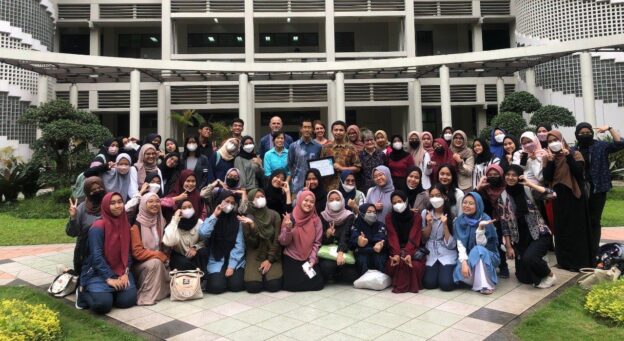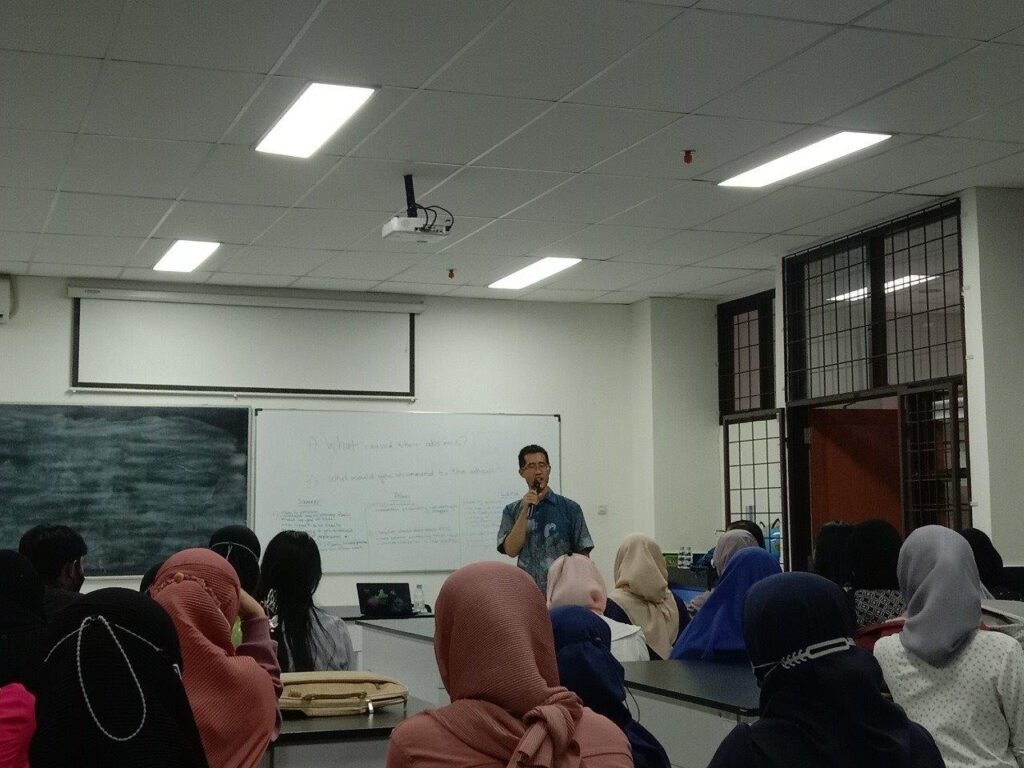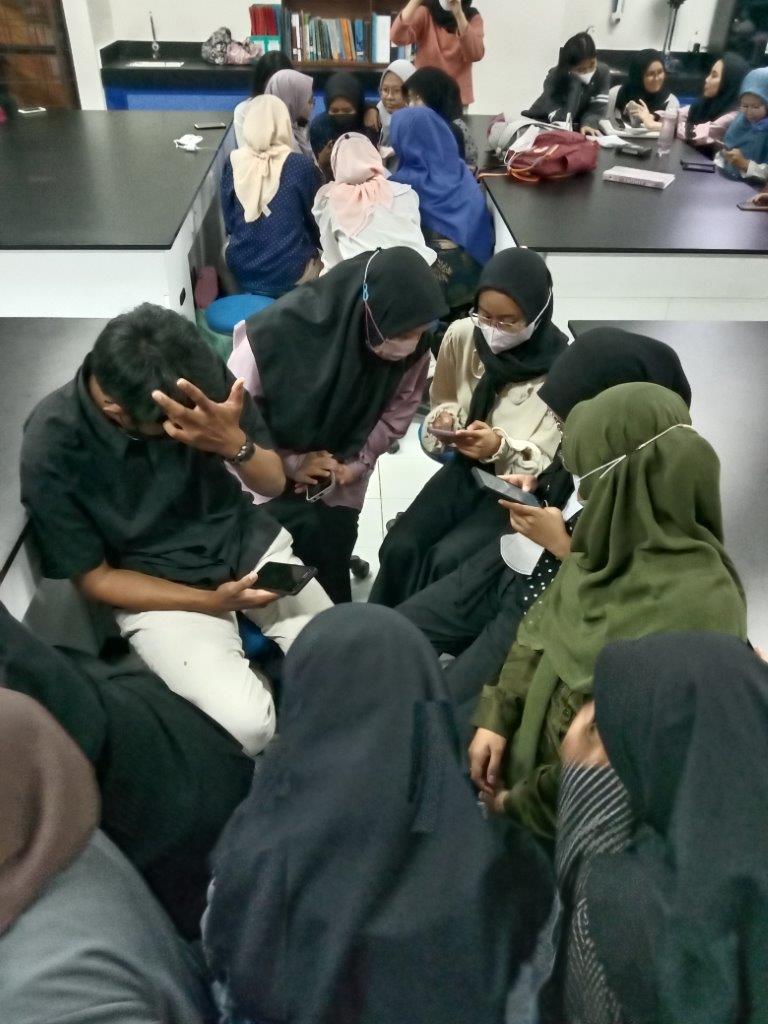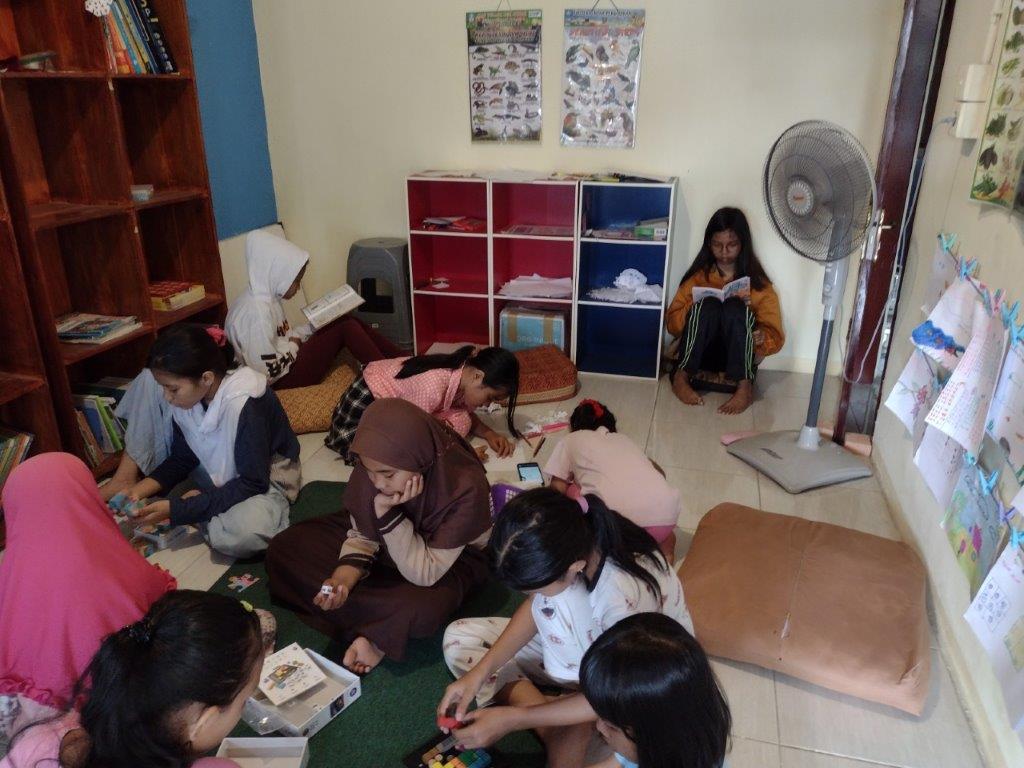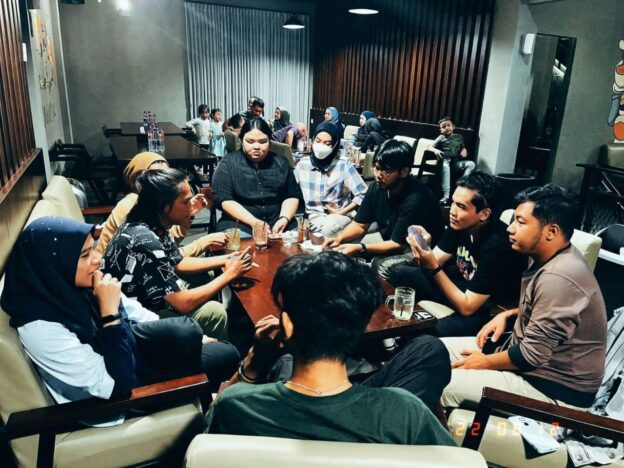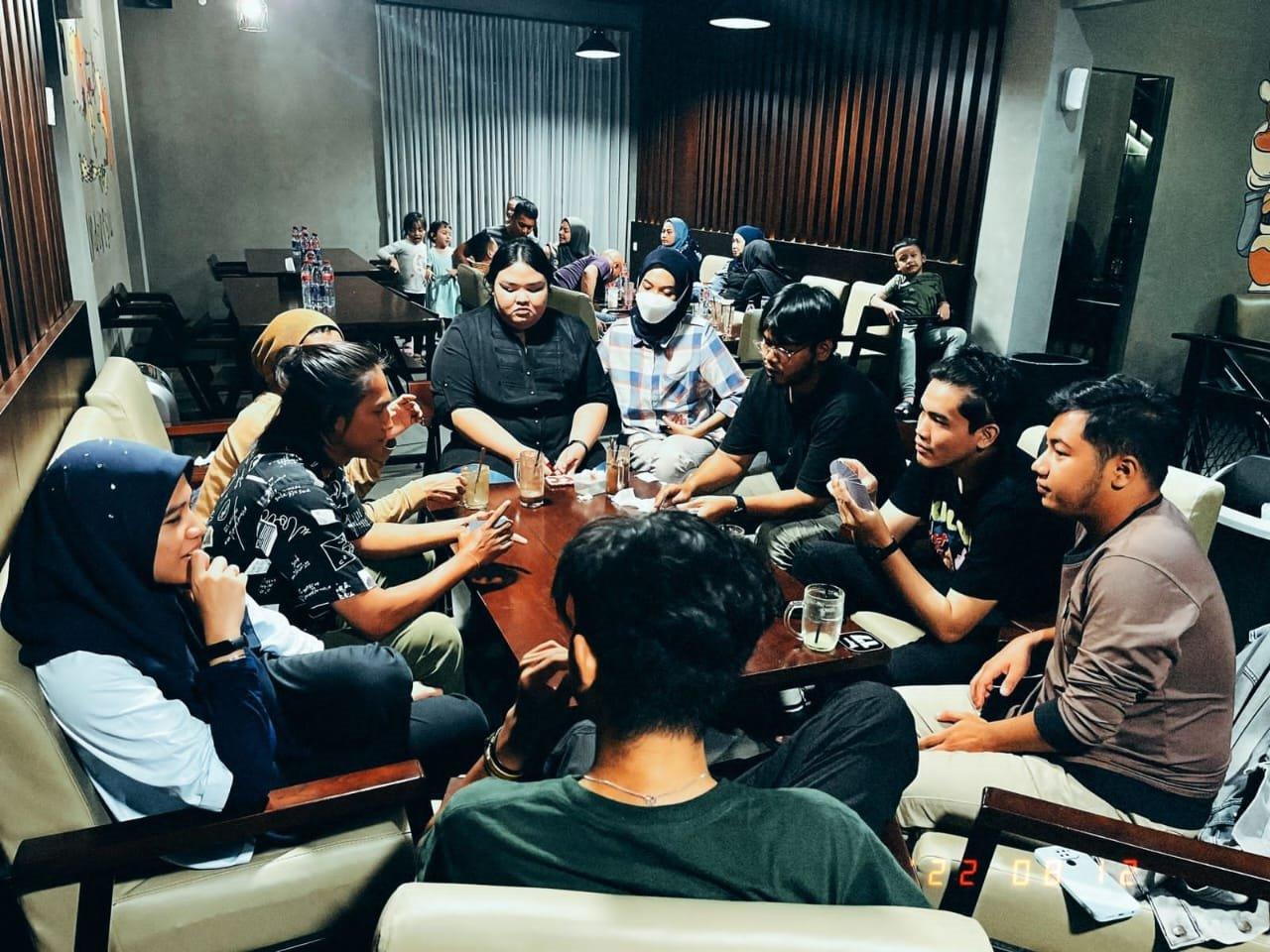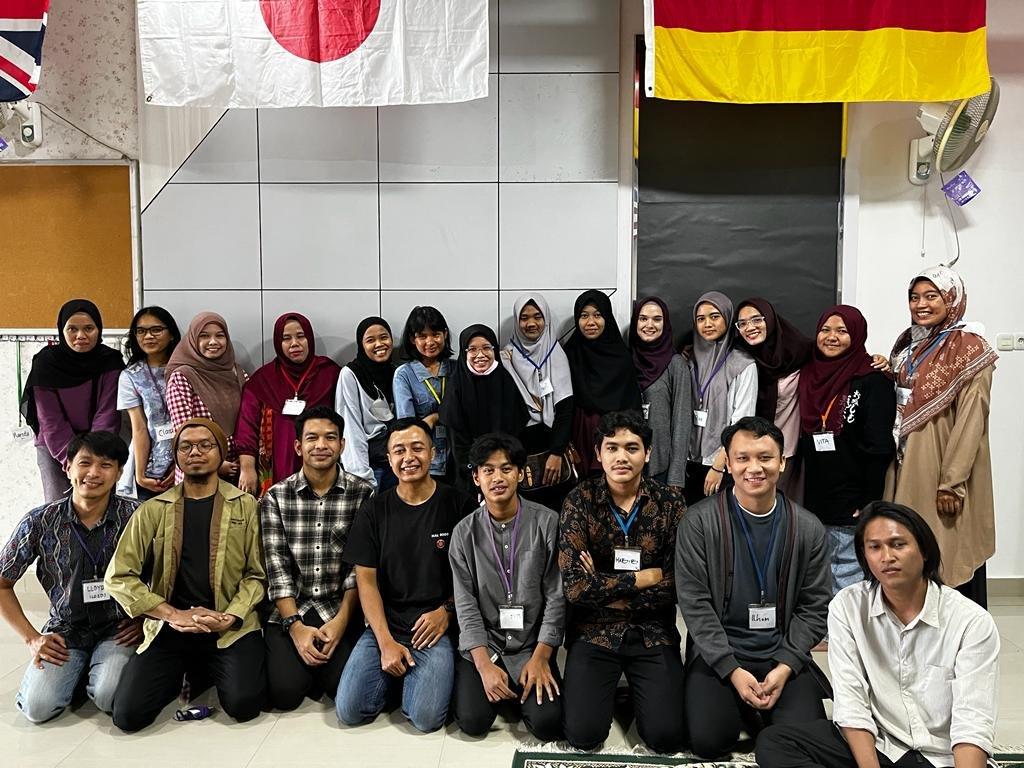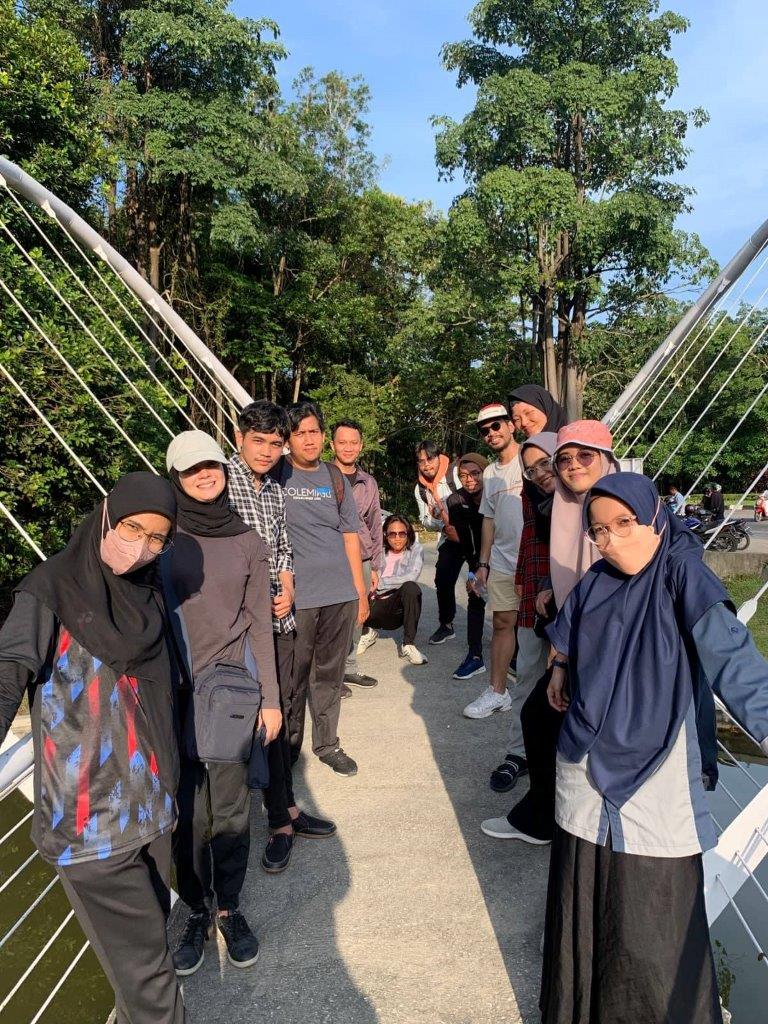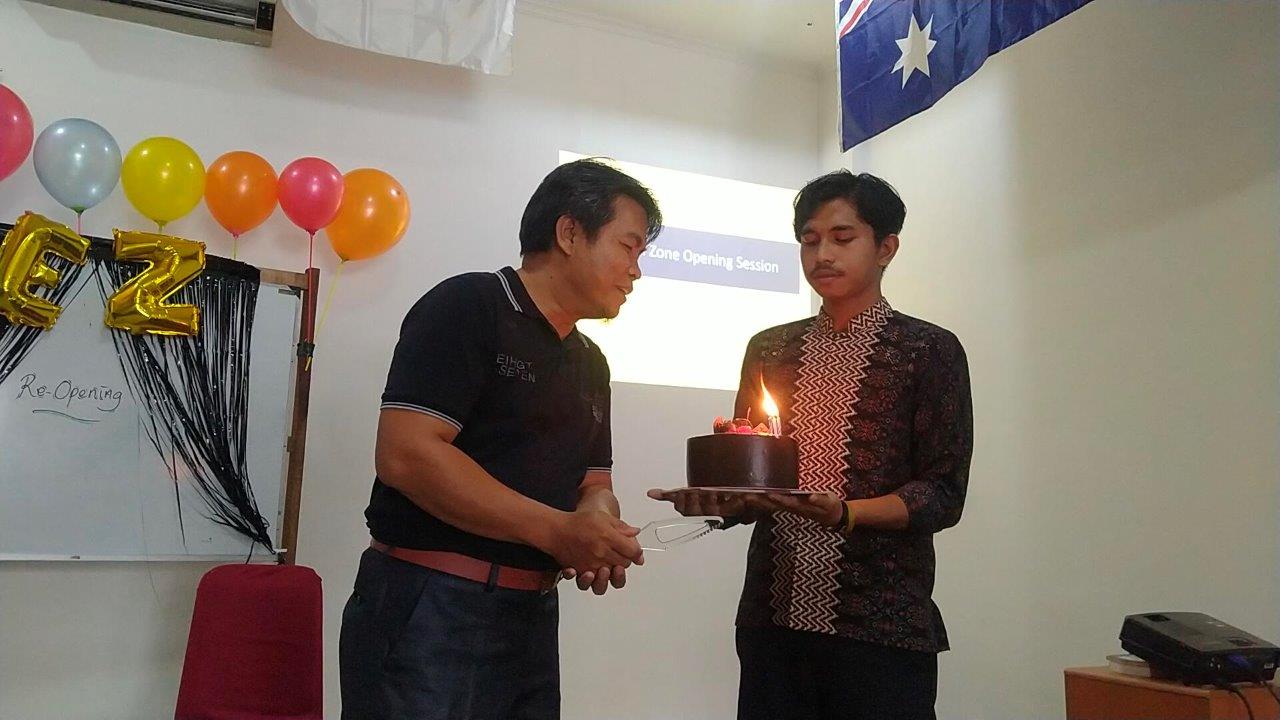SEEDS partner Yayasan Tunas Aksara (YTA) has partnered with local education departments and local business PT. Kalimantan Prima Persada (PT.KPP) to train more than 75 teachers from 12 schools in three provinces in Kalimantan as part of the ‘Kalimantan Loves Reading’ project.
This partnership, now in its second year, builds on a previous pilot program run in three local schools. Following promising test results for students taught with the Saya Suka Membaca compared to pupils in control schools for the pilot program, PT. KPP and local officials were keen to expand the program into new schools.
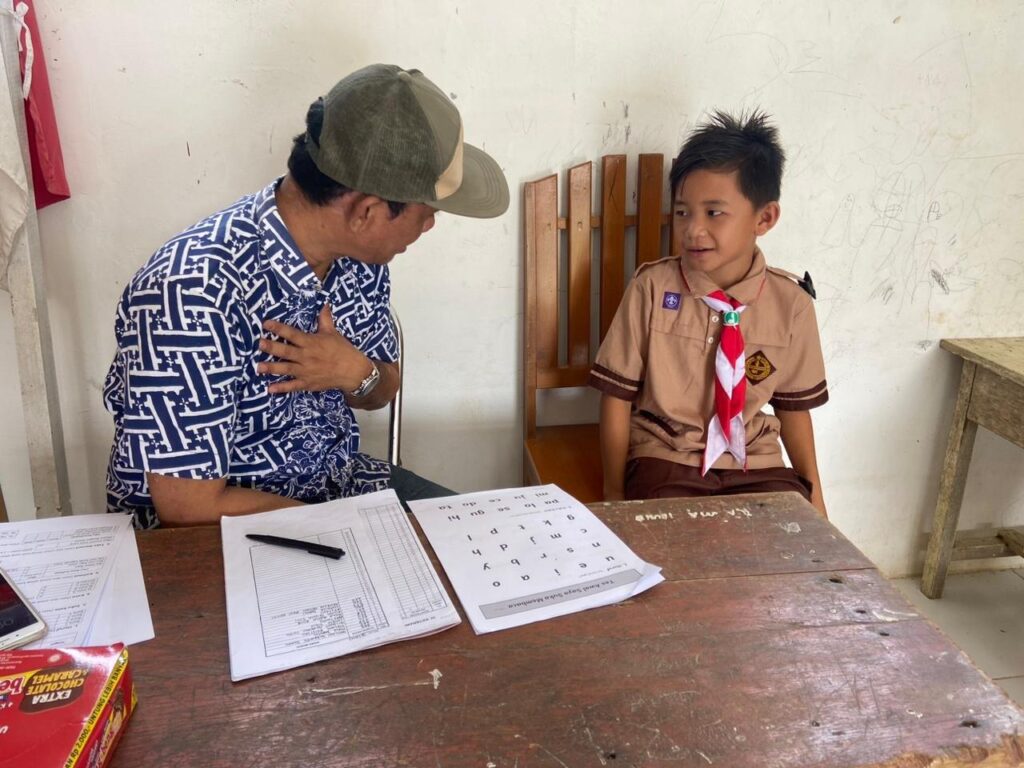
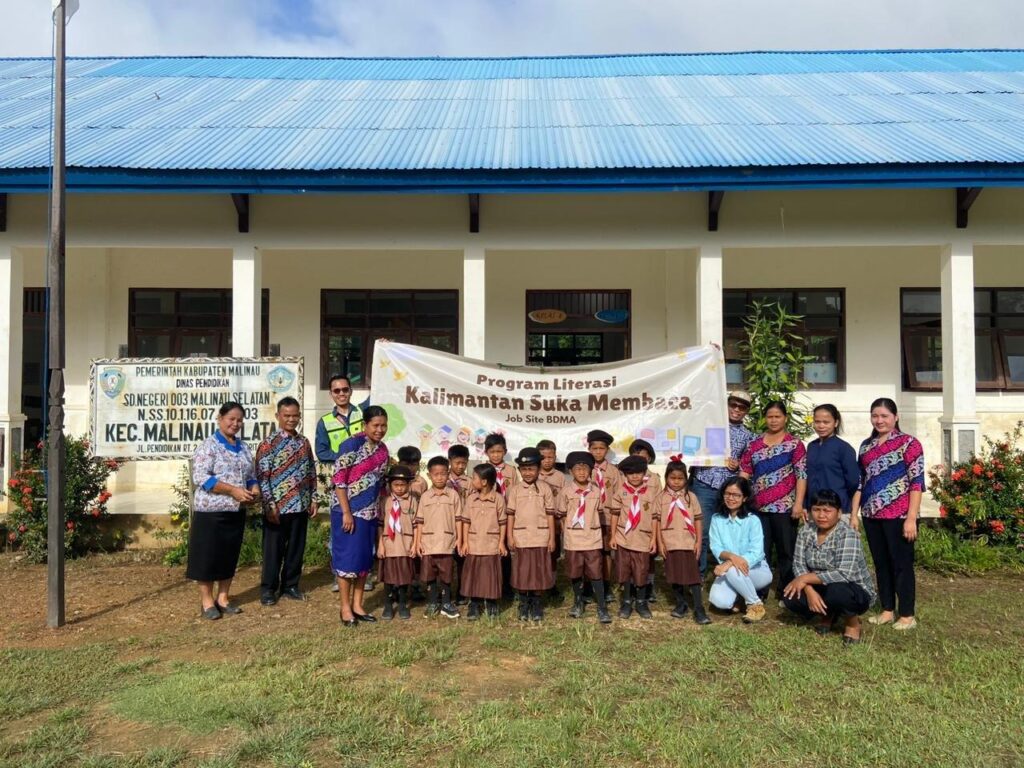
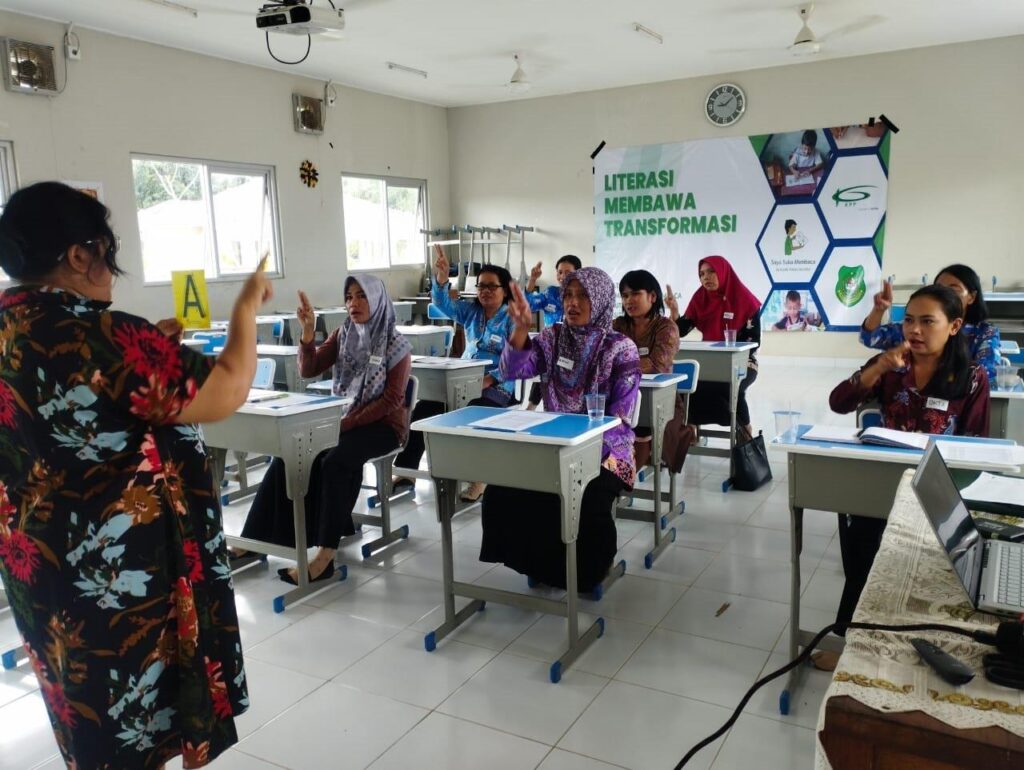
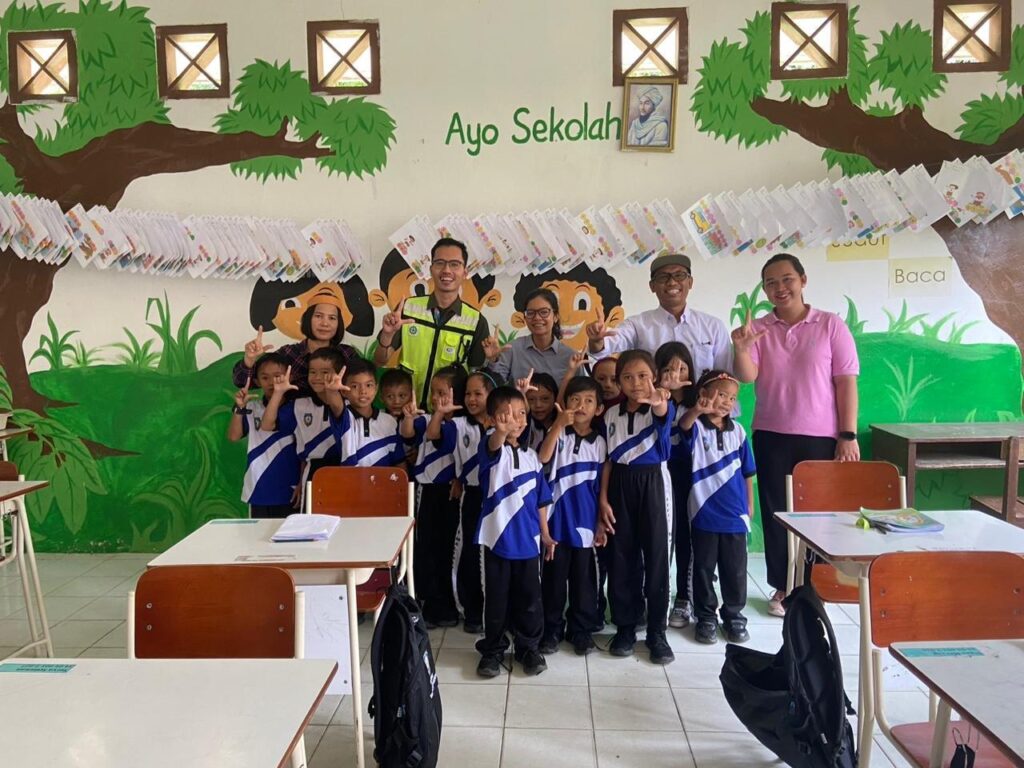
In addition to training by YTA trainers from Jakarta and Eastern Indonesia, the program includes provision for ongoing mentoring of teachers in their classrooms by Area Facilitators, who are trained to mentor teachers by YTA staff, before being supported remotely with regular online meetings and follow-up visits.
The expansion of ‘Kalimantan Loves Reading’ is an important step to improving literacy education in rural Kalimantan, where widespread poverty and limited infrastructure make access to good quality training and materials difficult.
This three-way partnership between YTA, PT. KPP and the local government holds great promise as a model for future partnerships by making training, curriculum and reading books available to teachers in remote areas where financial resources are limited.
The slogan for the teacher training was “Literacy Brings Transformation. Mrs Mersiana, Class 2 teacher from SDN 005 Kaliorang, said “After receiving this training I’ve learned about using letter sounds to teach children to read… and several creative ways to teach reading so that children will be more motivated to learn to read, and come to read with fluency and understanding, and come to love reading.”
A PT.KPP site officer said, “We hope that after this training, we will be more effective in fighting illiteracy, and that progress will be faster.”
You can get a taste of the training by watching the video below from PT. KPP (Indonesian language – English subtitles available).

